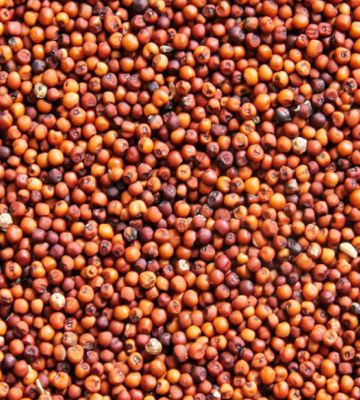
Ragi, scientifically known as Eleusine coracana, is a gluten-free cereal grain that holds significant historical and nutritional importance, particularly in South Asia ragi has been cultivated for thousands of years, with evidence of its consumption dating back to ancient civilizations such as those in the Indus Valley.
Ragi is renowned for its exceptional nutritional profile, making it a valuable dietary staple. It is rich in essential nutrients such as carbohydrates, dietary fiber, protein, vitamins (especially B-complex vitamins), and minerals like calcium, iron, and magnesium. Additionally, ragi is low in fat and contains beneficial antioxidants.
Due to its nutritional benefits, ragi is considered a highly nutritious food source, particularly for individuals following vegetarian or vegan diets. It is also valued for its gluten-free nature, making it suitable for individuals with celiac disease or gluten sensitivities.
Culturally, ragi holds significance in the culinary traditions of South Asia, where it is used to prepare a variety of dishes. Ragi flour is commonly used to make rotis (flatbreads), dosas (savory pancakes), porridge, and traditional beverages like ragi malt or porridge. In some regions, ragi is also used to brew alcoholic beverages.
In agricultural contexts, ragi is prized for its resilience to drought and poor soil conditions, making it well-suited to semi-arid regions where other crops may struggle to thrive. Its ability to grow in diverse environments contributes to its importance for food security in regions prone to erratic weather patterns.
Overall, ragi stands as a versatile and nutritious cereal grain with a rich historical legacy and diverse range of culinary and agricultural applications. Its nutritional benefits, gluten-free nature, and adaptability make it a valuable resource for promoting food security and dietary diversity in various parts of the world.